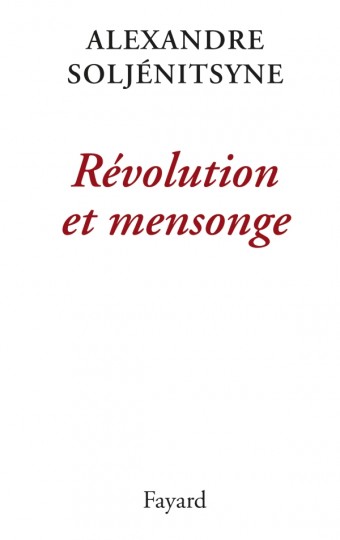Ignat Solzhenitsyn — renowned conductor and pianist, and son of the late Russian novelist Aleksandr Solzhenitsyn — will speak at the University of Notre Dame for the launch of the first English translation of his father’s memoir, “Between Two Millstones, Book 1: Sketches of Exile, 1974-1978,” published by University of Notre Dame Press at the centenary of the author’s birth.
The launch will take place during “Higher Powers,” a three-day Notre Dame Center for Ethics and Culture conference examining the proper relationship between God, the human person and the state. Ignat Solzhenitsyn and Daniel Mahoney, distinguished Solzhenitsyn scholar and professor of political science at Assumption College, will deliver a joint plenary session at 8 p.m. Nov. 1 (Thursday) in McKenna Hall Auditorium.
















